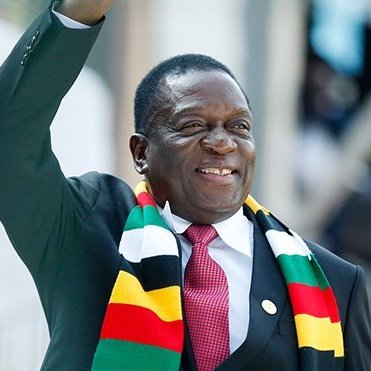Zimbabwe’s recent presidential elections saw Emmerson Mnangagwa, infamously known as “The Crocodile”, win a second term in office. The victory, however, is marred with doubts and skepticism, not least due to allegations of vote rigging, suppression, and a general sense of disbelief from many quarters. Despite the official figures from the Zimbabwe Electoral Commission (ZEC) painting a narrative of victory, the reality on the ground suggests otherwise.
Zimbabwe’s economic turmoil continues to tighten its stranglehold on the nation. A recent report from Action Aid painted a grim picture: families are spending up to ten times more than they did merely 16 months ago. The soaring costs of basic necessities such as petrol, which has risen by a staggering 900%, along with hikes in food prices, period pads, and fertilizers, have plunged many into deeper despair.
This economic despair is no accident but rather the result of years of mismanagement, corruption, and a flagrant disregard for economic prudence. It’s a bitter pill to swallow, particularly since the Mnangagwa-led ZANU-PF party has been in control since 1980, steering the nation through its worst periods of hyperinflation, unemployment, and entrenched poverty.
Yet, the economic strife isn’t the sole concern. The political climate remains one of fear and repression. The electoral process itself was questioned by foreign observers. Notably, the European Union’s observer mission highlighted a “climate of fear”, while the Southern African regional bloc SADC drew attention to issues such as biased state media coverage, voter roll discrepancies, and bans on opposition rallies.
The opposition, under the leadership of Nelson Chamisa, has understandably cried foul. Delays in the voting process, especially in key areas like the capital Harare, which is known to lean towards the opposition, stoked further suspicions of deliberate voter suppression. The memory of 2018 remains fresh in many minds when Mnangagwa narrowly secured a victory that Chamisa denounced as fraudulent.
It’s worth noting that Zimbabwe’s struggle for democracy has been long and tumultuous. From its days as a British colony named Rhodesia, which went on to declare unilateral independence in 1965, to its eventual recognition as Zimbabwe in 1980, the nation has seen its fair share of challenges. But even with the ousting of the long-serving Robert Mugabe, true democratic transformation remains elusive.
Indeed, Mnangagwa’s reign, while promising economic resurgence and a commitment to democratic principles on international platforms, has been characterized more by its continuance of Mugabe’s authoritarian tendencies than any significant departure. The narrative of progress that the president projects contrasts sharply with the ground realities of escalating human rights abuses, stifled freedom of speech, and a lack of genuine political reform.
Given this backdrop, it’s not surprising that a recent survey from the Public Policy and Research Institute of Zimbabwe (PPRIZ) revealed that a staggering 77% of Zimbabweans are clamoring for change.
The question then arises: Where does Zimbabwe go from here?
To genuinely progress, Zimbabwe needs more than just electoral victories. It needs a commitment to rebuilding its battered economy, addressing its cost of living crisis, ensuring that human rights are upheld, and providing an environment where opposition voices are not just heard but are genuinely considered.
Until then, for many Zimbabweans, Mnangagwa’s second term may just be a continuation of the status quo — a mirage of progress amidst the ever-pervasive grip of repression.
Image Credit: Emmerson Mnangagwa/Twitter




